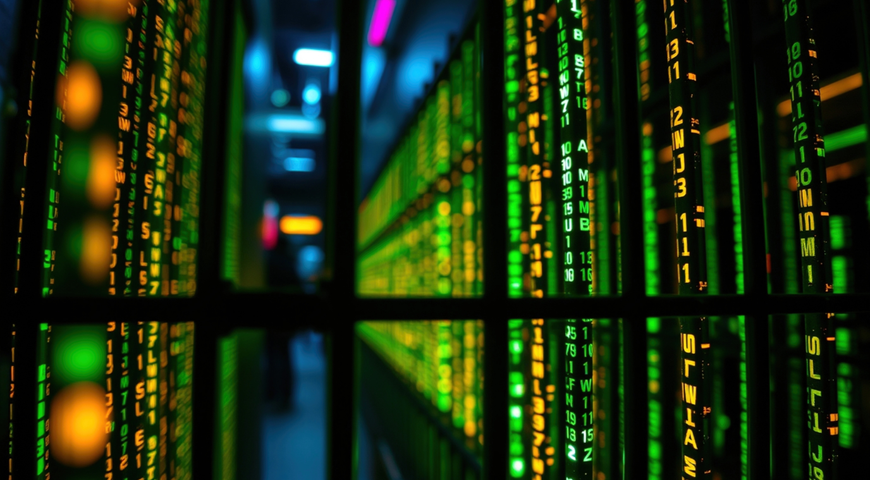Three centuries ago, Industry 1.0 introduced water- and steam-powered machines that supported economies of scale. Machine technology has only improved over the centuries, as the introduction of electricity and automation further enhanced the speed and mass-production capabilities of manufacturing.
Today, we stand facing the fourth iteration of the industrial revolution. Progressive technology such as the IoT, AI, and Big Data Analytics are elevating automation and efficiency to a new level and ushering in an era of smart manufacturing.
Drivers and challenges
Acronis recently took part in SwissCham Singapore’s DX Leaders Series latest episode, “Unleashing the power of the Smart Factory.” Attended by several hundred industry professionals and enthusiasts, the event revealed best sustainable practices, innovations, and addressed Industry 4.0 connectivity and cybersecurity requirements. Speakers delved into how smart factories can be developed and how DX (digital transformation) leaders can play a part in creating and implementing sustainable structures and patterns.
Kicking off the event, the audience were asked to vote on “what [they] believe to be the biggest threats to Smart Factories today.” Poor access control mechanisms, data silos, legacy systems, and the rising sophistication of cybercriminals were all possible answers; over 52% of respondents identified the latter, with “legacy systems” taking the #2 spot.
In his keynote address, Robert Jeker, Business Development Director at Inventa Technologies, singled out automation, digitalization, and cybersecurity as the key priorities for chemical plants, helping smart factories produce more efficiently and assuring the safety and continuity of manufacturing. This is especially true for existing factories, most of which use legacy systems that are vulnerable to the latest cyberthreats.
Securing the factories of tomorrow
Acronis Co-founder and Technology President Stanislav Protassov addressed how cybersecurity expertise could be best applied in the world of smart manufacturing, and which gaps he sees as most critical. Referring to the latest news-making cyberattacks — Acer, Colonial Pipeline, and others — he revealed that SMBs typically have between 1–10 cybersecurity solutions, while larger businesses can have dozens to hundreds. Still, the biggest source of vulnerability is people, especially employees who may open phishing emails, fall for scams, and expose private corporate data (whether intentionally or accidentally). In a recent training exercise that Acronis conducted for a mid-sized business, a phishing attack was simulated — and a staggering 25% of employees ended up sharing their credentials.
“With expanded cyberattack surfaces brought about by connected systems, humans remain the weakest link,” said Stanislav. “Training people to be aware of security risks is one key consideration that could prevent businesses from suffering downtime and massive losses”.
Among the key training efforts he recommended are:
· Red team exercises
· Phishing email exercises
· Attack simulation
· Constant testing of backup and security systems.
A lack of security professionals with the required skillset poses another danger for manufacturers, who must designate a team to manage and spearhead their training, response and recovery plans.
Interestingly, over 60% of SMB owners still believe they’re “not big enough” to be targeted. In an age of automated cyberattacks, there’s simply no such thing. Cybercrime is an industry, and one of the fastest growing ones — over 250,000 malicious websites alone will emerge this year. Smart factories must stay ahead of the curve in their digital transformation efforts, with cybersecurity as a key focus area.
A smarter, more secure future
When asked how the smart manufacturing industry can show consistency in digitally transforming its processes and solutions, Yew Wee Ho, Director of Industry Development at A*STAR, revealed that local companies in Singapore struggle with a “tyranny of choice” — not knowing where to begin, lost among the many solutions on the market.
Advising a step-by-step approach, Mr. Ho shared Acronis' sentiments, saying that training has indeed always been lagging and that’s something that companies need to improve on dramatically and consistently. “Digital transformation is a journey, and for every journey you need a map,” he said. “A good roadmap can help your business modernize.”
The episode closed out with a rapid-fire Q&A session with the audience, during which speakers shared more insights on the future of smart manufacturing in Singapore:
· Learn from mistakes. People learn best when they’ve been “burned” before — simulate new attacks and watch employee habits evolve.
· Cyberattacks initiated by competitors are not a high-scale trend. Such attacks are a double-edged sword, so state-sponsored attacks remain more likely.
· Adopt a sustainable approach to production, operations, and business in general. Companies in Europe are already incentivized to adopt resource-conscious consumption — follow their lead.
Singapore is not just a tech hub anymore, but has the potential to also become a smart manufacturing hub in the near future. This will inevitably affect the local market — and for the better, so long as the new players abide by advanced cybersecurity protocols and ensure the continuity of their business.



